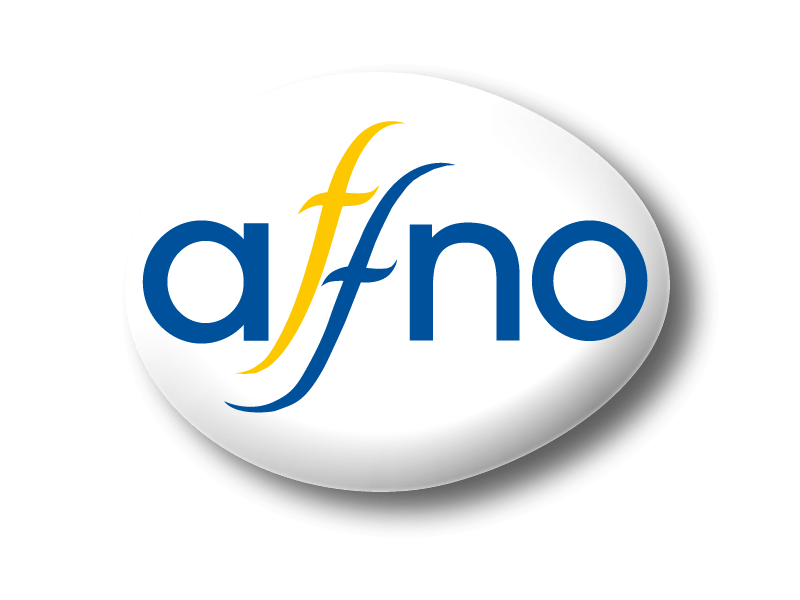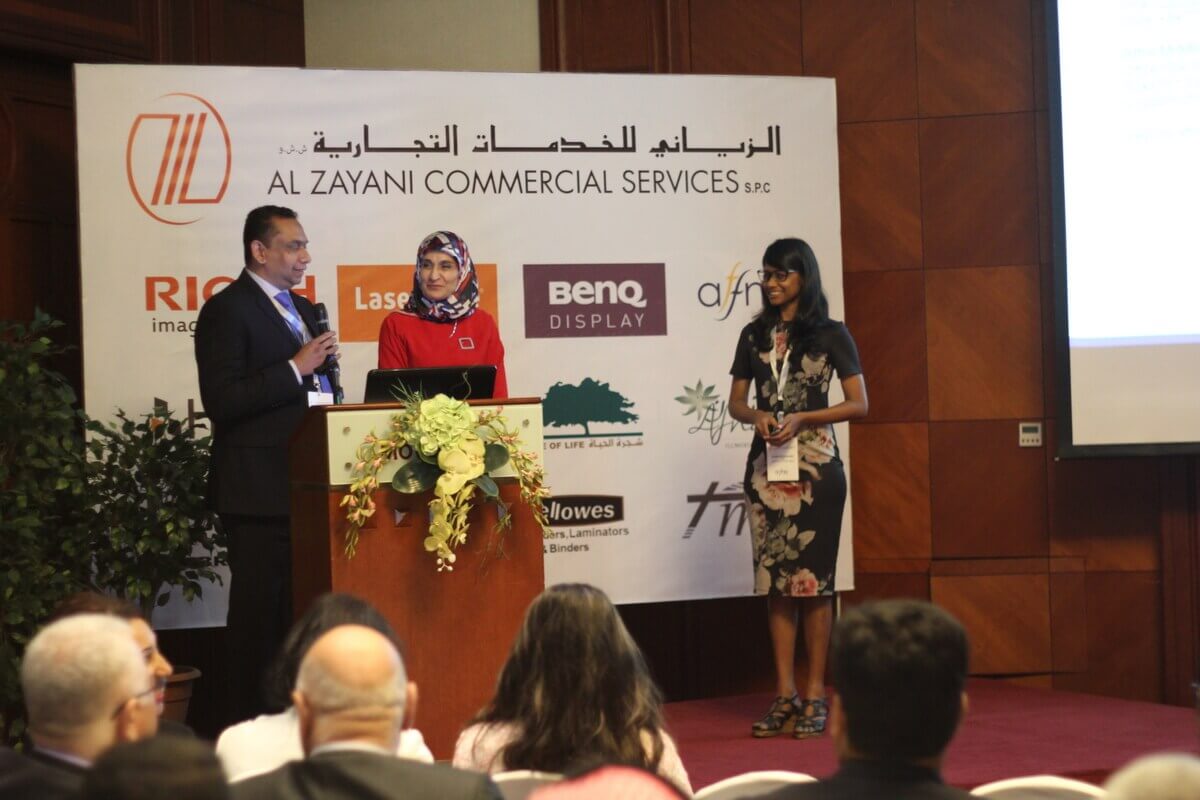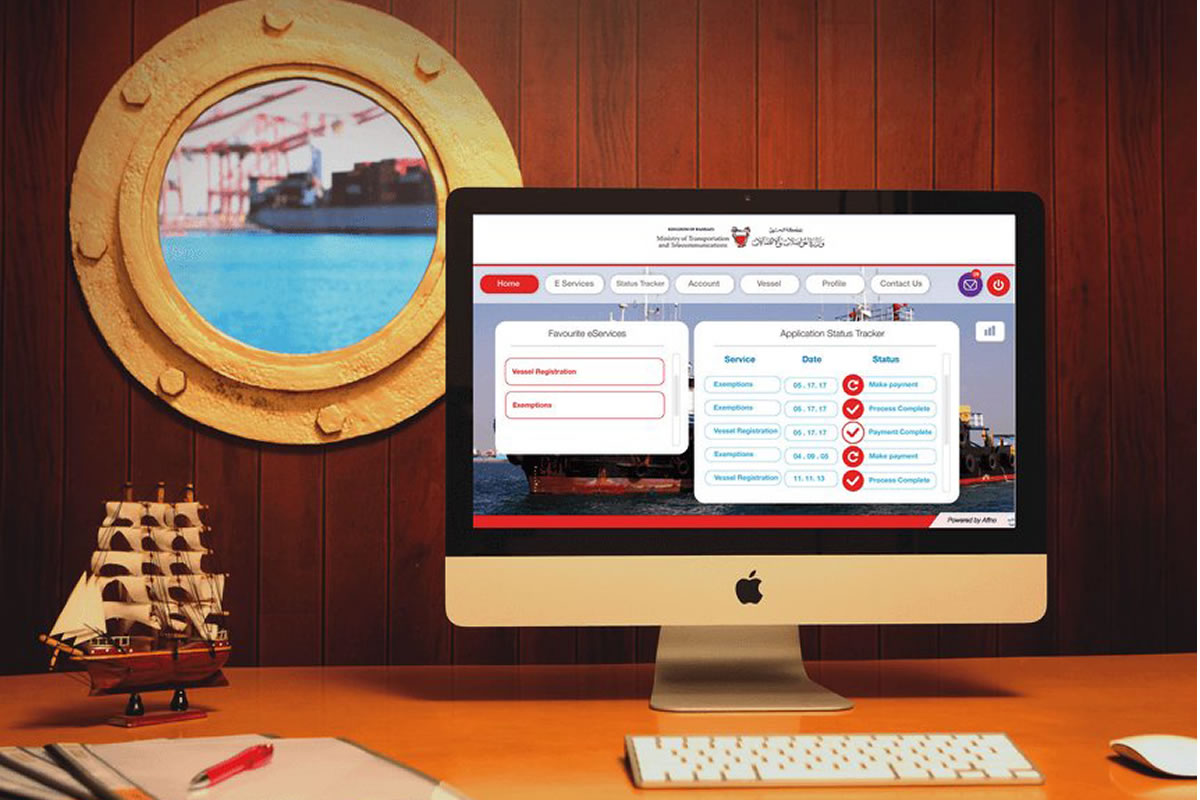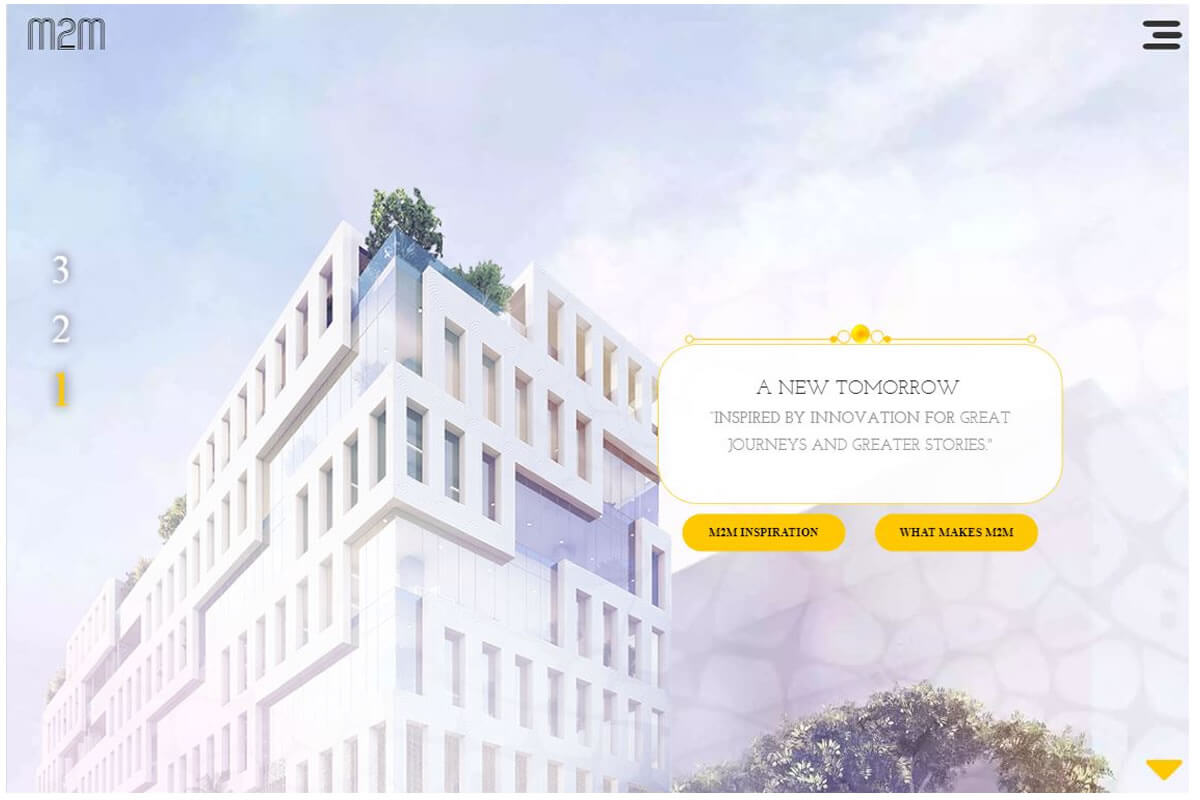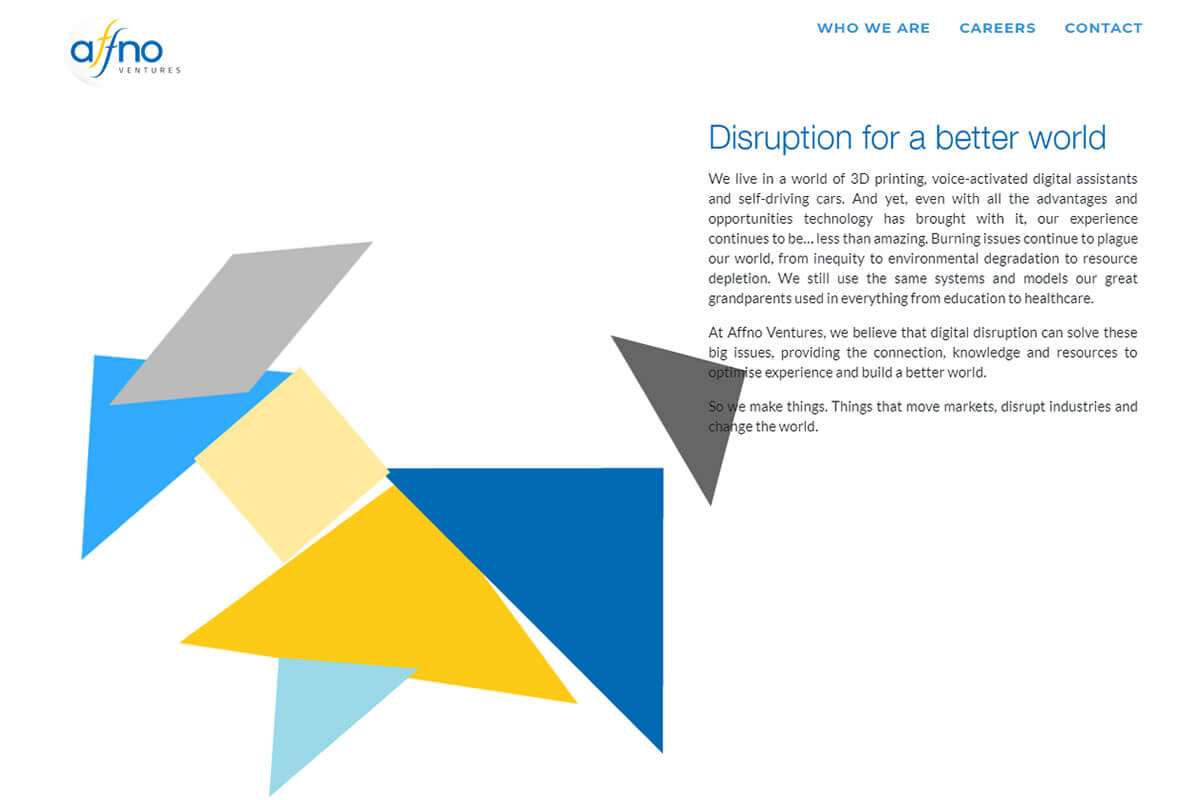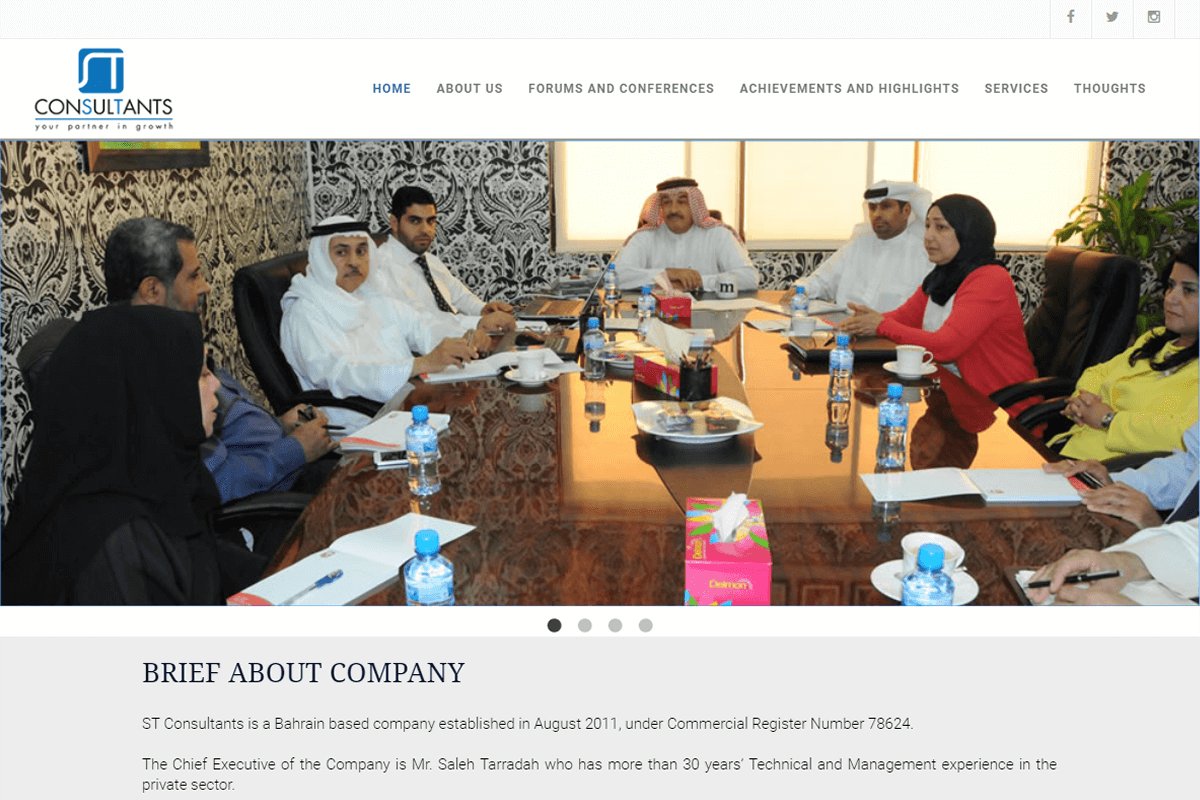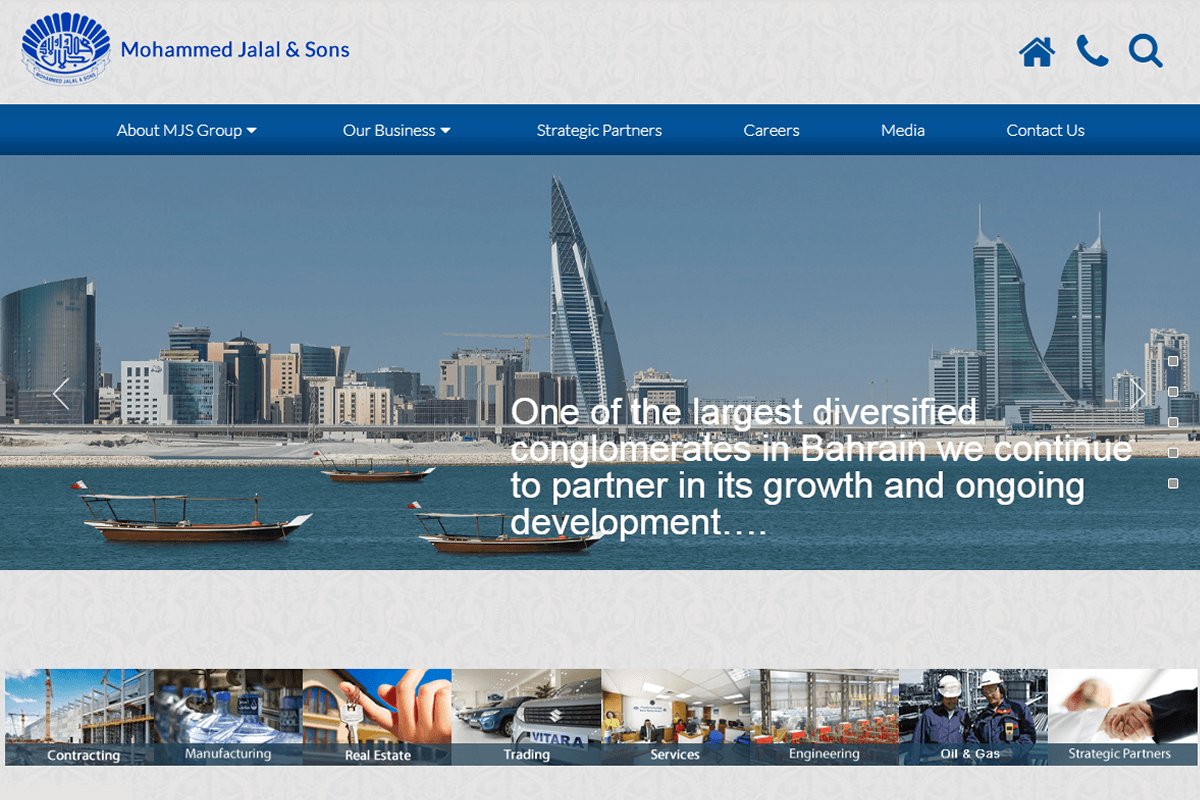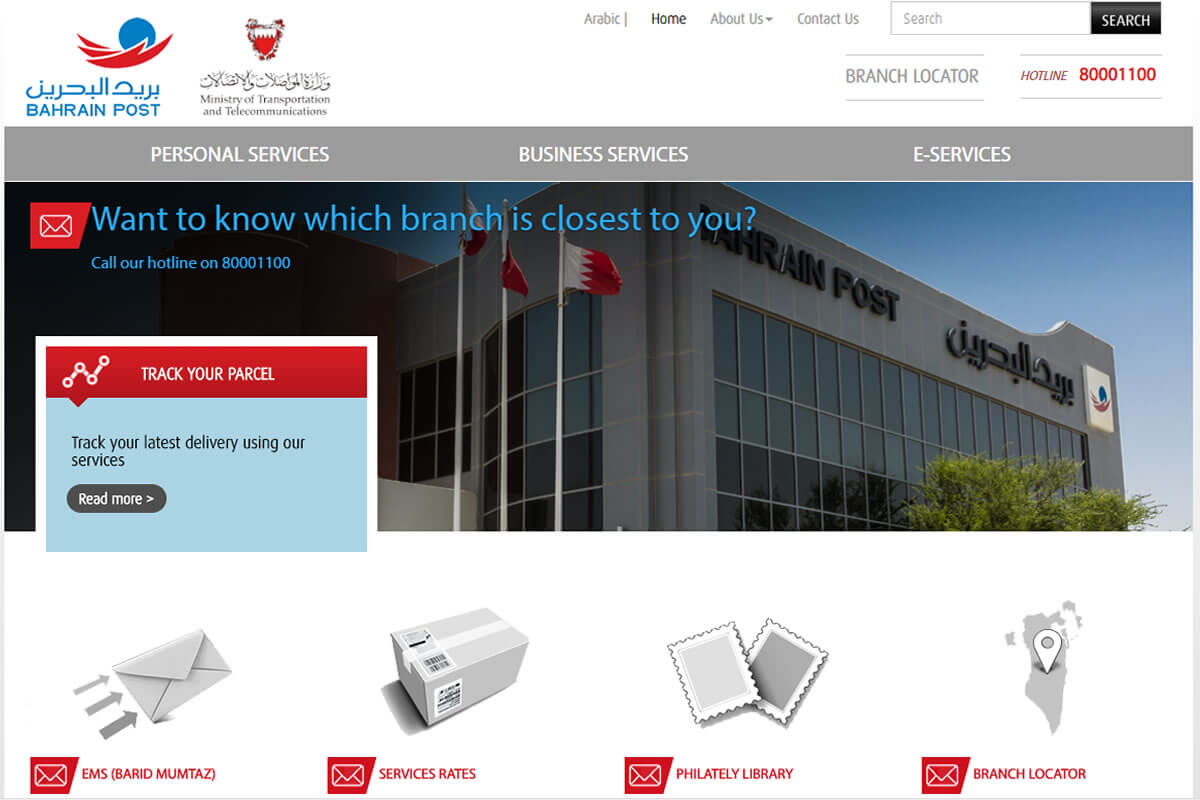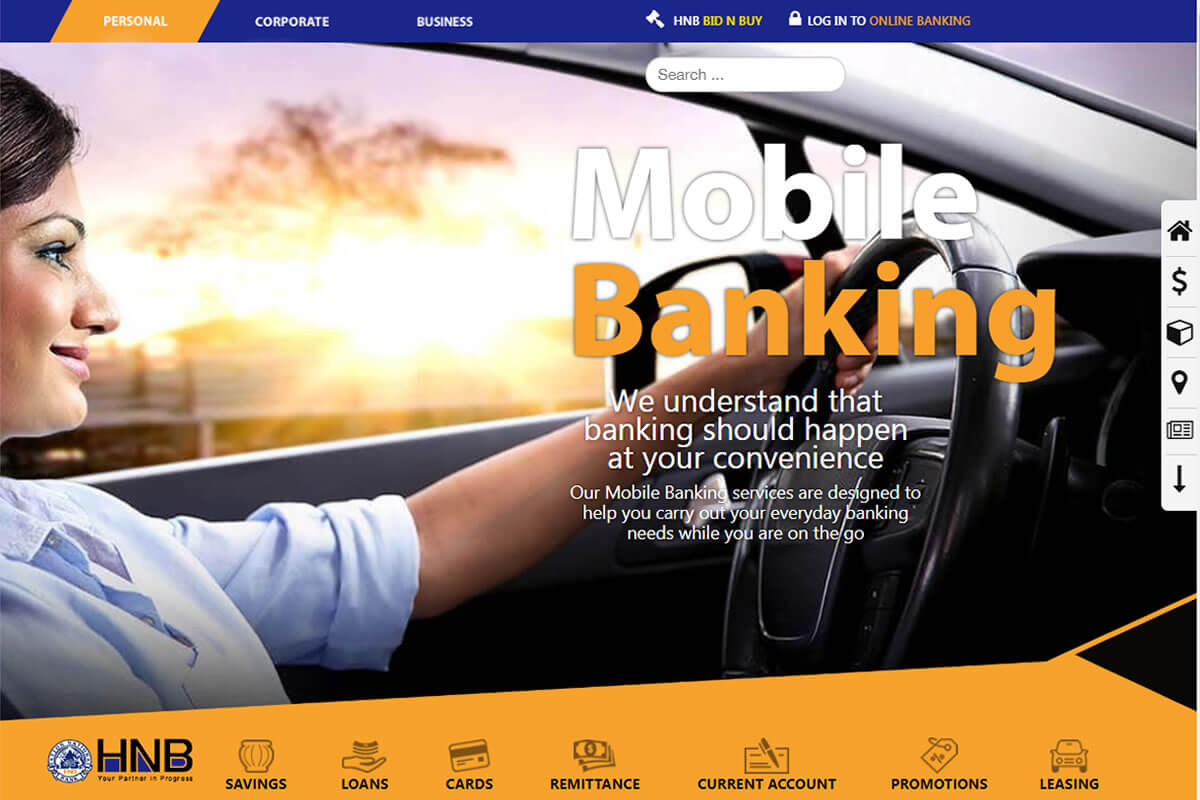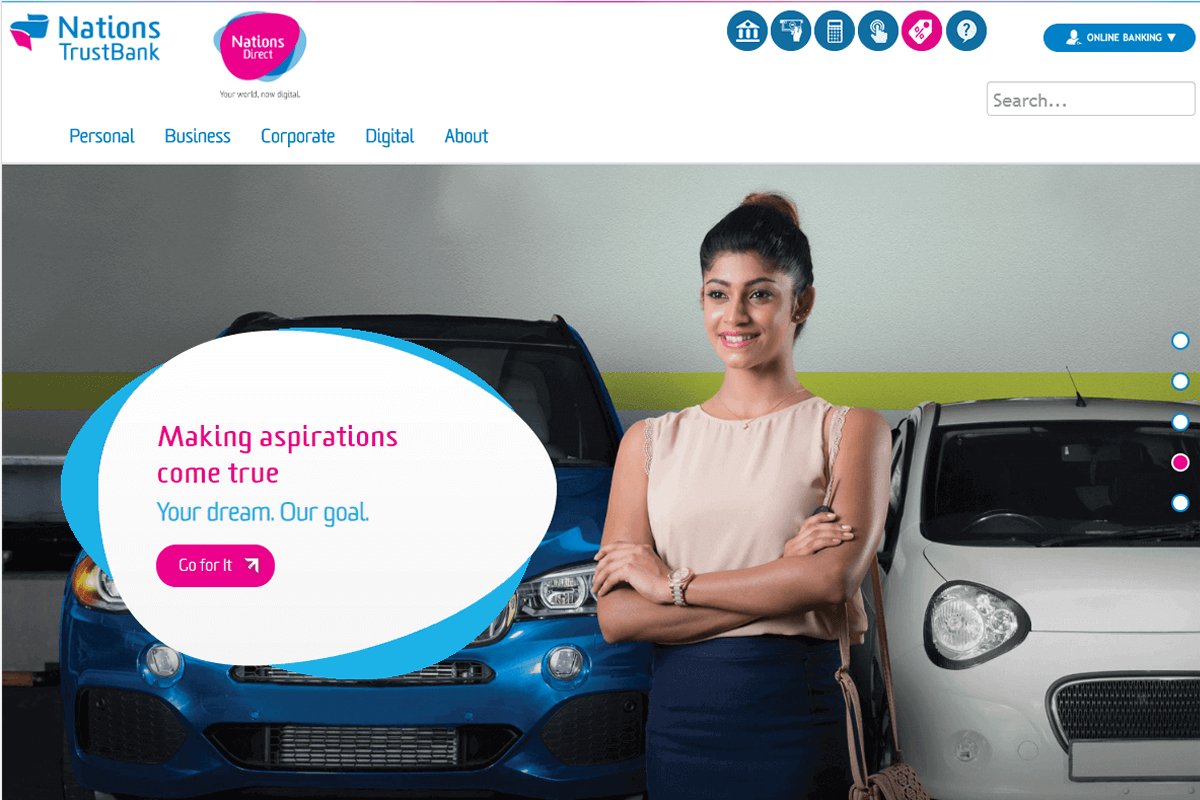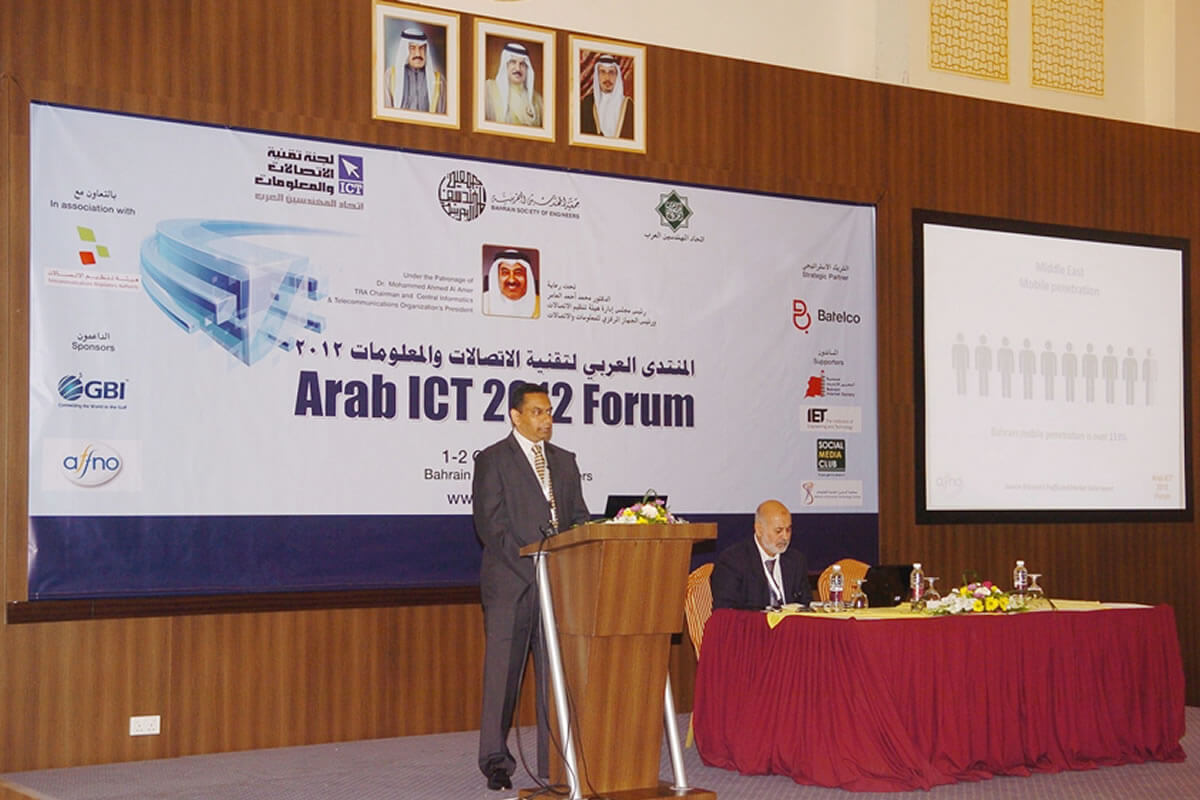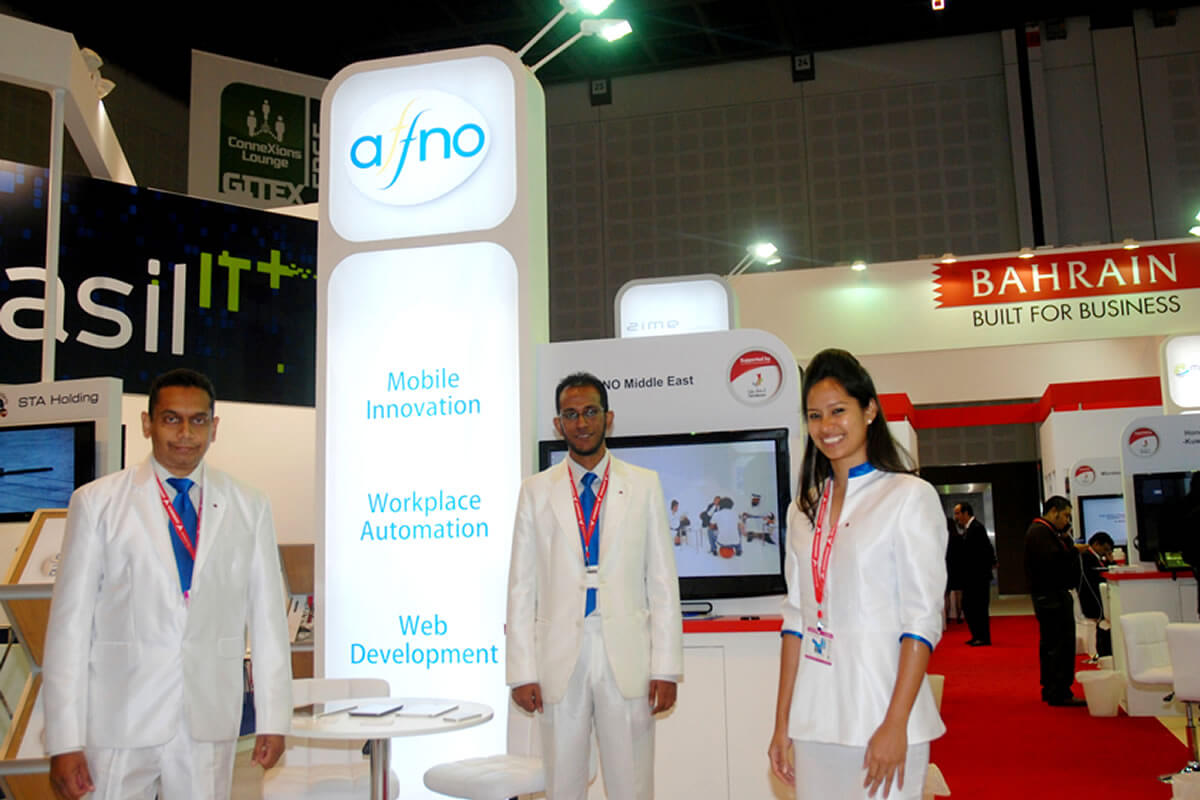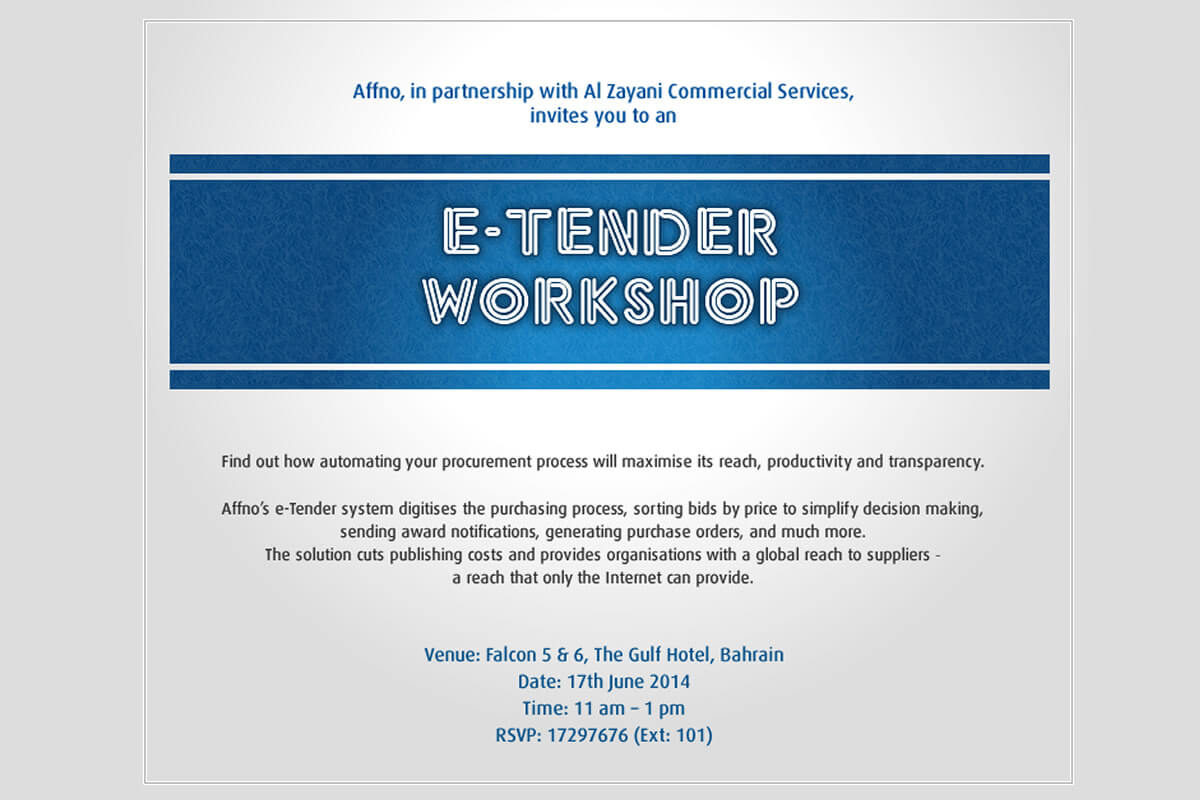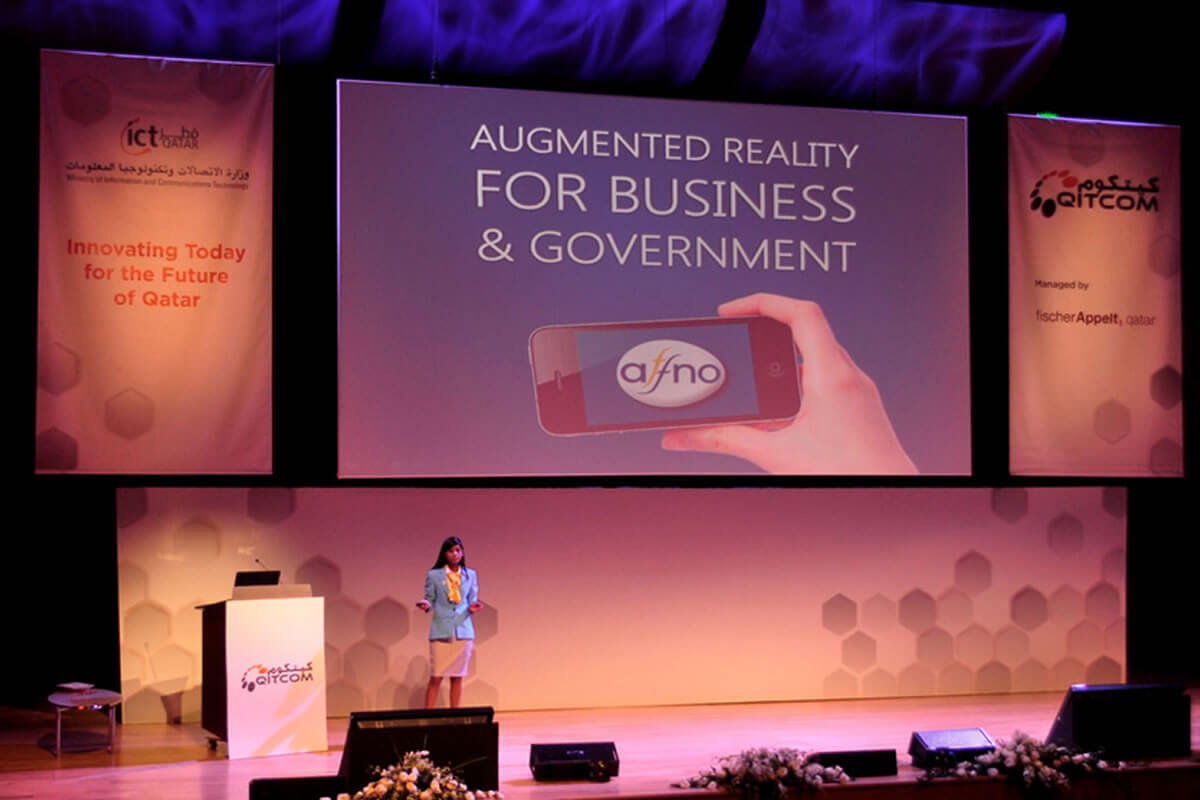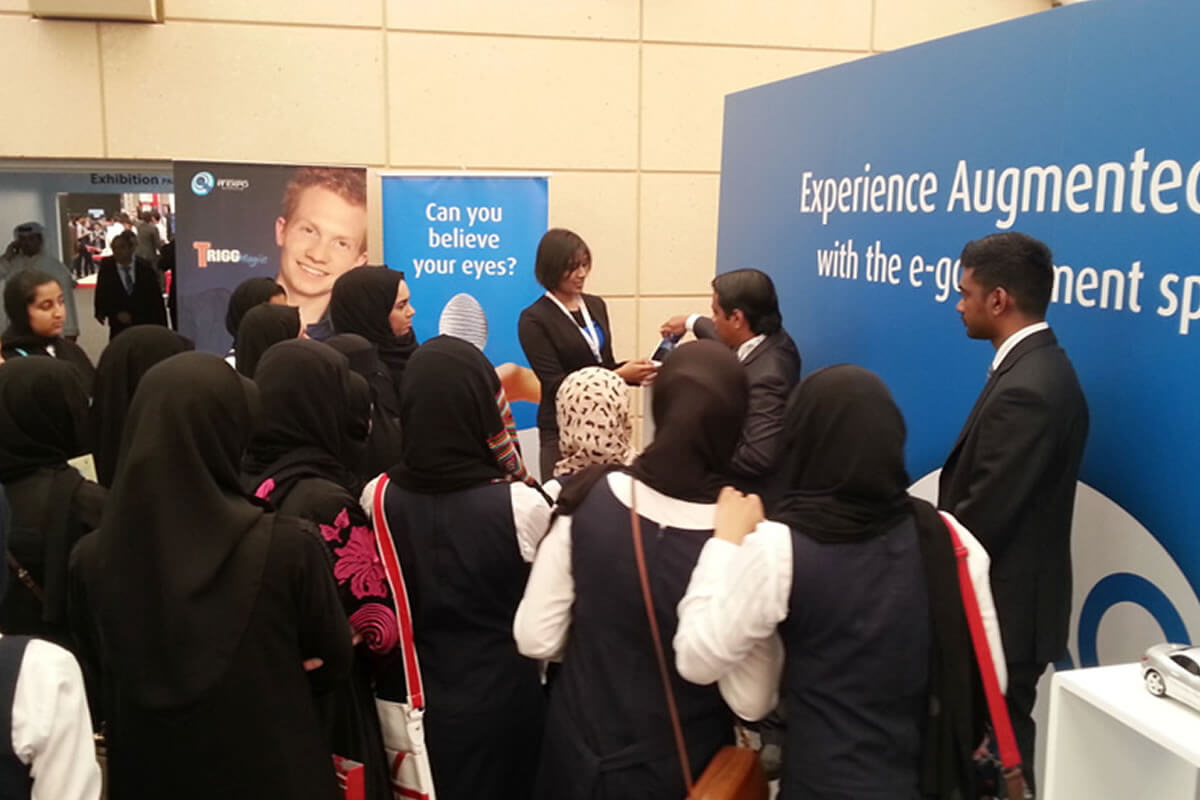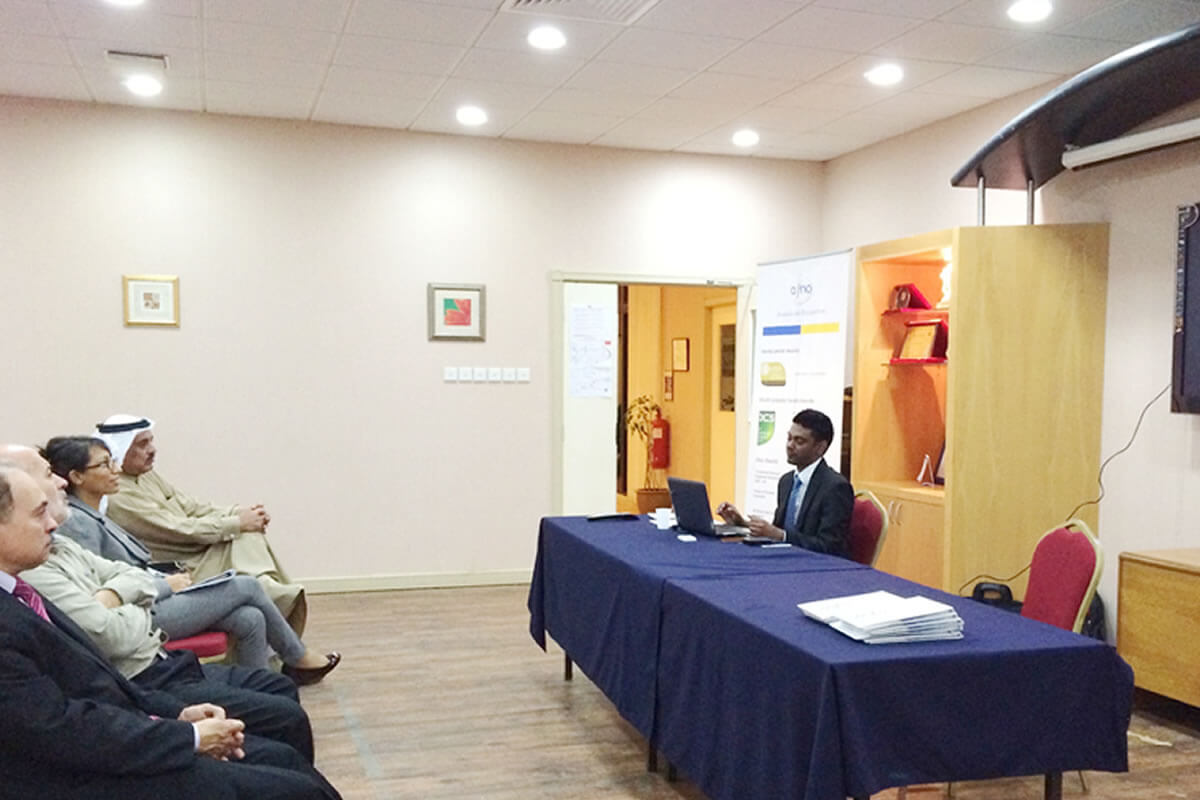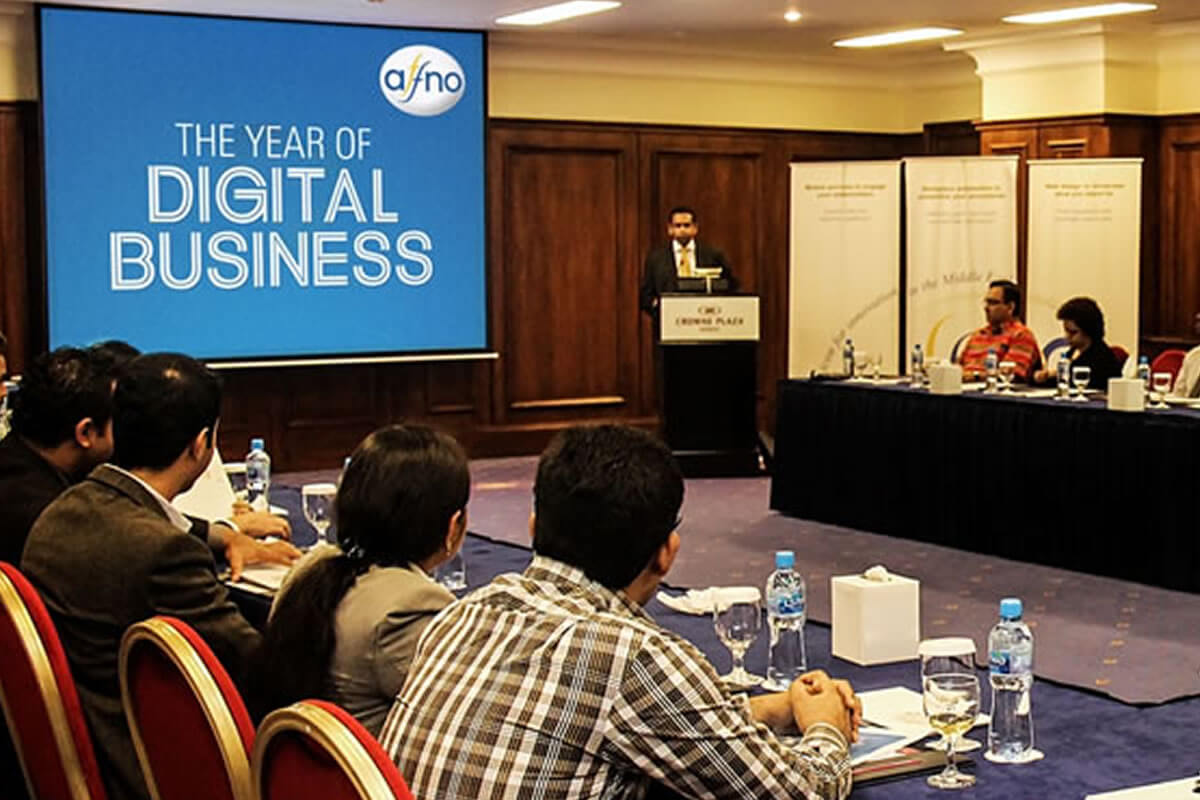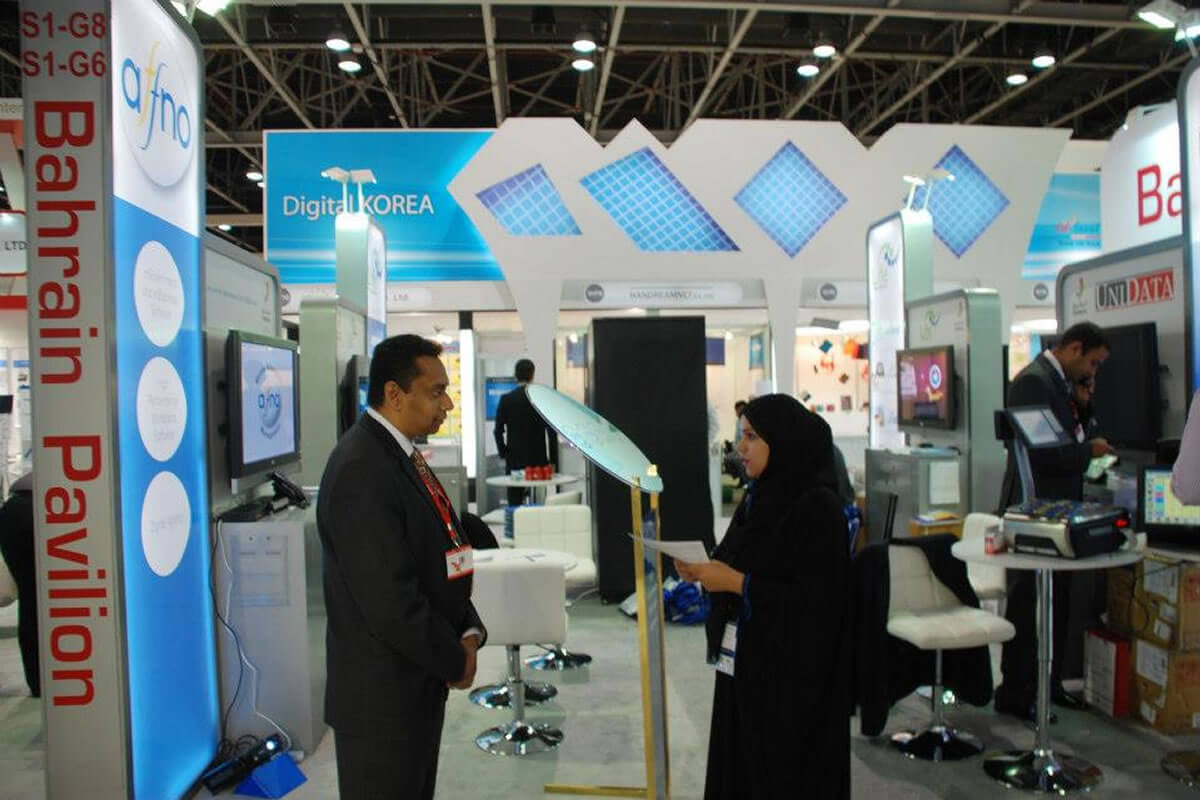Affno won the Gold Award in the E-Government Category at the National Best Quality Software Awards held recently. This was the third consecutive year in which Affno won Gold in this prestigious and important category. Here are excerpts of an interview CEO of Affno Suren Kannangara had with Surekha Galagoda - Business Editor of the ‘Sunday Observer’.
Question: What is Affno's experience with E-Government projects?
Answer: Affno has won several E-Government projects in Sri Lanka as well as in the region in countries such as Tanzania and Mauritius.
The World Bank has funded most of these projects. The Information, Communication and Technology Agency (ICTA) has managed the majority of the projects in Sri Lanka.
The latest Gold Award that Affno won for E-Government was for the Legal Case Files Management project implemented at the Attorney General's Department. This particular project was managed by the Legal and Judicial Reforms Project.
Digital repository
Question: Can you explain about the E-Government project which Affno did for the Attorney General's Department?
Answer: The Attorney General's Department functions as the Legal Advisor to the Government and upper guardian of the Law.
They advise the Government including all its departments and institutions as well as represent them in criminal prosecutions and civil matters.
The Attorney General's Department would examine draft legislation for constitutionality and assist in matters pertaining to negotiation of international treaties, bilateral treaties and trade agreements. There are over 200 Attorneys attached to the AG's Department and some 25,000 new case files are opened each year.
Their wide range of work involves the collaboration of Attorneys in different teams on different jobs at the same time.
Affno's solution enables all case files to be accommodated in a digital repository and access made easier, faster, on a need basis and more secure.
The existing processes were adopted into a digital workflow. Some of the processes were also greatly simplified with minimum or no impact to the established way in which the department was functioning. In fact, the department was given a full digital workflow that integrated perfectly with their way of working and their culture rather than necessitating them to change their ways radically.
Hitherto impossible levels of management have also been enabled through the system. For instance, the Attorney General or the Solicitor General can personally check the macro status of all jobs at any given time and drill down to the grass roots level of any particular job if needed.
Similarly, the different levels of management can do the same at their respective levels.
Increasing demands
Question: What has been your experience of introducing this sort of latest technology to Government Departments?
Answer: Very positive. What we have consistently found is that some of the best brains in most fields are in the Government Departments. The quality of the individuals at top level is, I would say, even better than the quality that one would encounter in the private sector.
However, most of these Departments are bursting at their seams because their systems and infrastructure have in most cases not kept up with the increasing demands placed on these departments. This and perhaps political interference are what largely makes Government Departments not as effective as they should be.
There is of course always the problem of mixed computer literacy. Moreover, even though we may see computers on every table in the private sector, this is a common problem in our part of the world.
We are mindful of this situation and take steps so that this problem does not become an issue in making our E-Government solutions work. The design of our solutions takes this in to account and we also employ a wide range of comprehensive training for the users.
Better business
Question:How would E-Government projects in Departments such as the AG's Department help ordinary citizens?
Answer: Certain E-Government projects enable citizens to interact with the Government Department through the Internet for instance. There is no question about how citizens derive value in such instances.
Even in instances such as the AG's Department where the E-Government Solution is not for enabling citizens to interact with the Department via the Internet but for making the Department more efficient internally, citizens derive value indirectly.
Not only citizens; when pivotal Government Departments such as the AG's Department is made more efficient with technology, value is delivered across the board.
The improvements in the AG's Department has a direct bearing on the efficiency of the President and Parliament as draft legislation can be executed faster. Even the Judiciary can become more efficient when its biggest client is better organised. The police would be able to conclude criminal, drug related, terrorism related cases faster.
This in turn would give ordinary citizens more confidence that justice would prevail. All Ministries, Local Bodies and Government Departments would be able to get their legal advice, contracts and cases executed faster and they in turn would become more efficient in what they do for the citizens and the country.
So the impact would be felt by every one of the 20 million citizens in all 22 districts. The medium to long-term impact on the citizens would be a feeling that the rule of law and justice prevails in the country. The Government would not only improve its ability to do business better with the rest of the world but more importantly, the country would be able to improve its image in the eyes of the world.
Comprehensive study
Question:What are the critical success factors for E-Government projects?
Answer: A comprehensive study is paramount. One has to not only understand the business and the processes of the organisation thoroughly but also understand the culture of the organisation very well.
The software design has to be tailored to cater to the subtle nuances that are peculiar to each organisation. In our part of the world, giving local language capabilities is also an important factor for success. Finally, painstaking and patient training over a long period of time is most important.
Question:What is the cost of E-Government projects?
Answer: Affno's solution for the AG's Department as well as for all other E-Government projects has been completely web based needing only ordinary PC's for the users. In Government organisations that are widely dispersed across the country, regional branches are connected with little or no additional cost, except for the cost of PCs and internet access.
The software is deployed on a central server. This makes the maintenance very cost effective as opposed to a system where the software has to be deployed at the client's end as well. The product is built on open standards. Therefore, it can run on any hardware and operating system.
